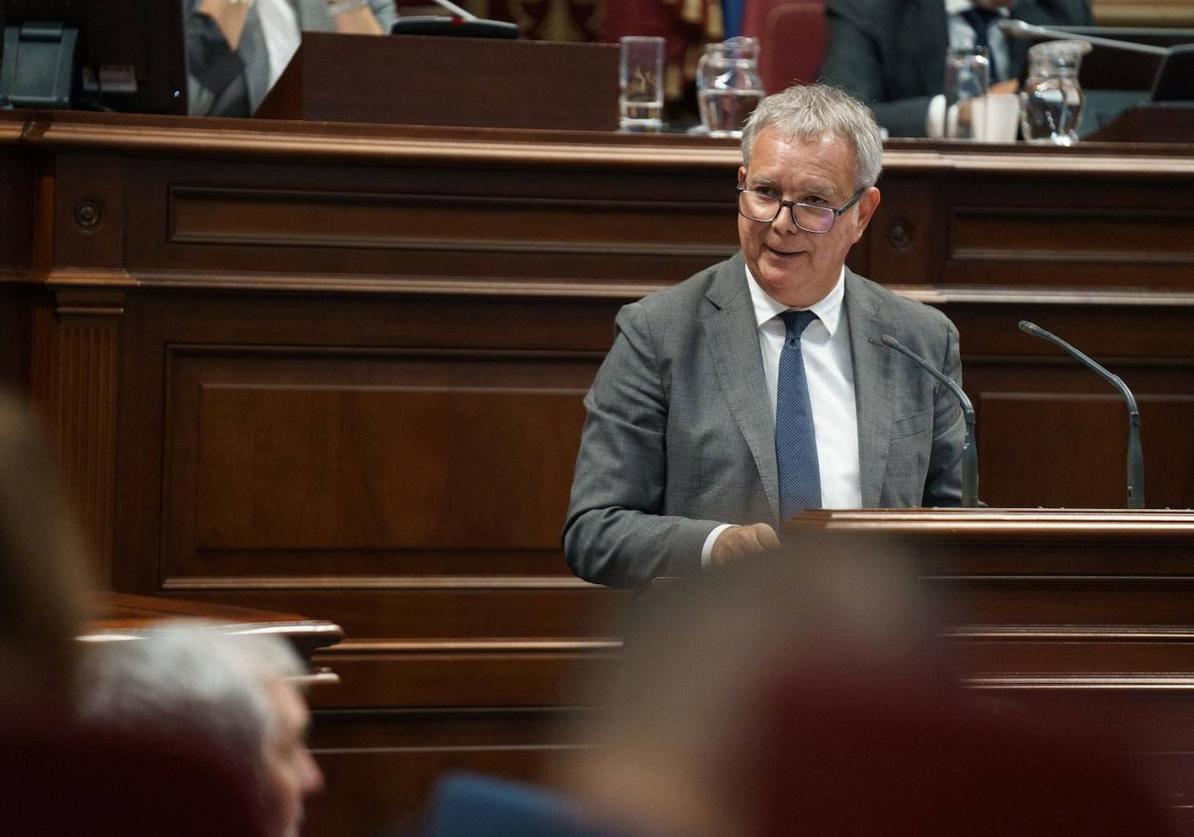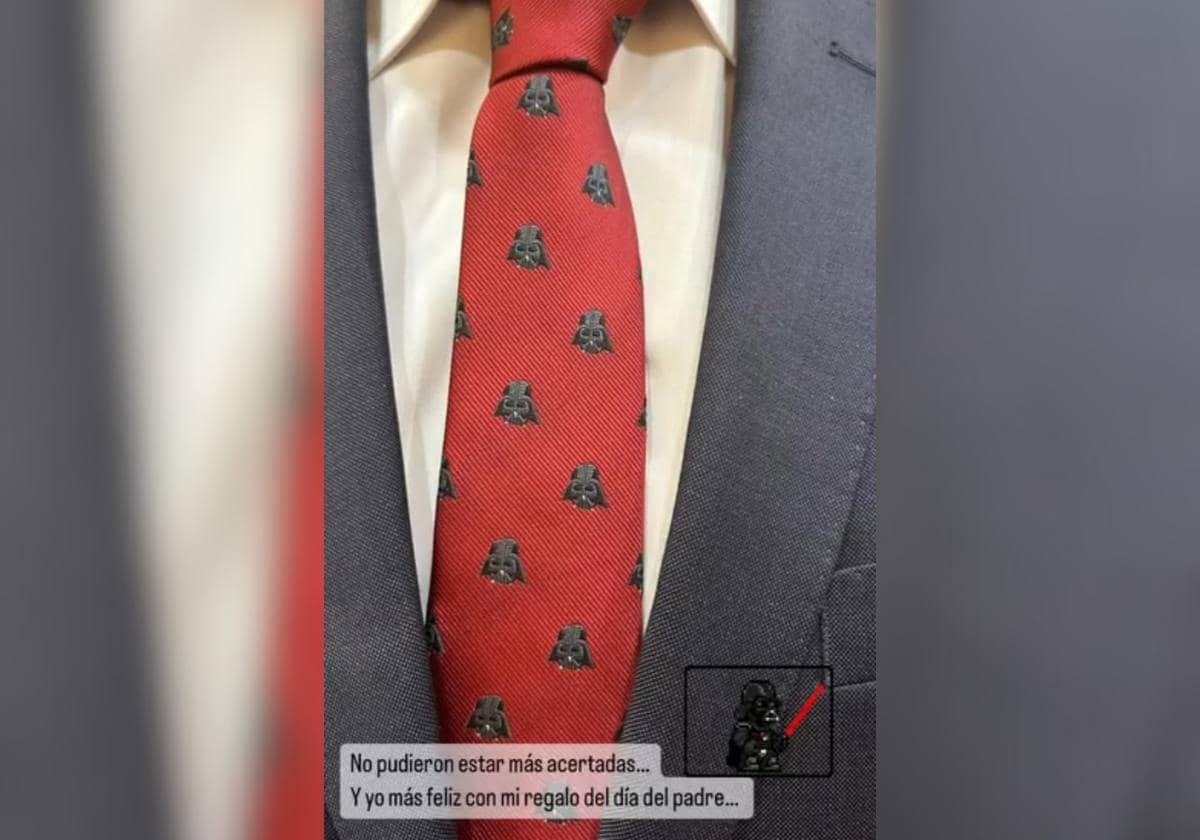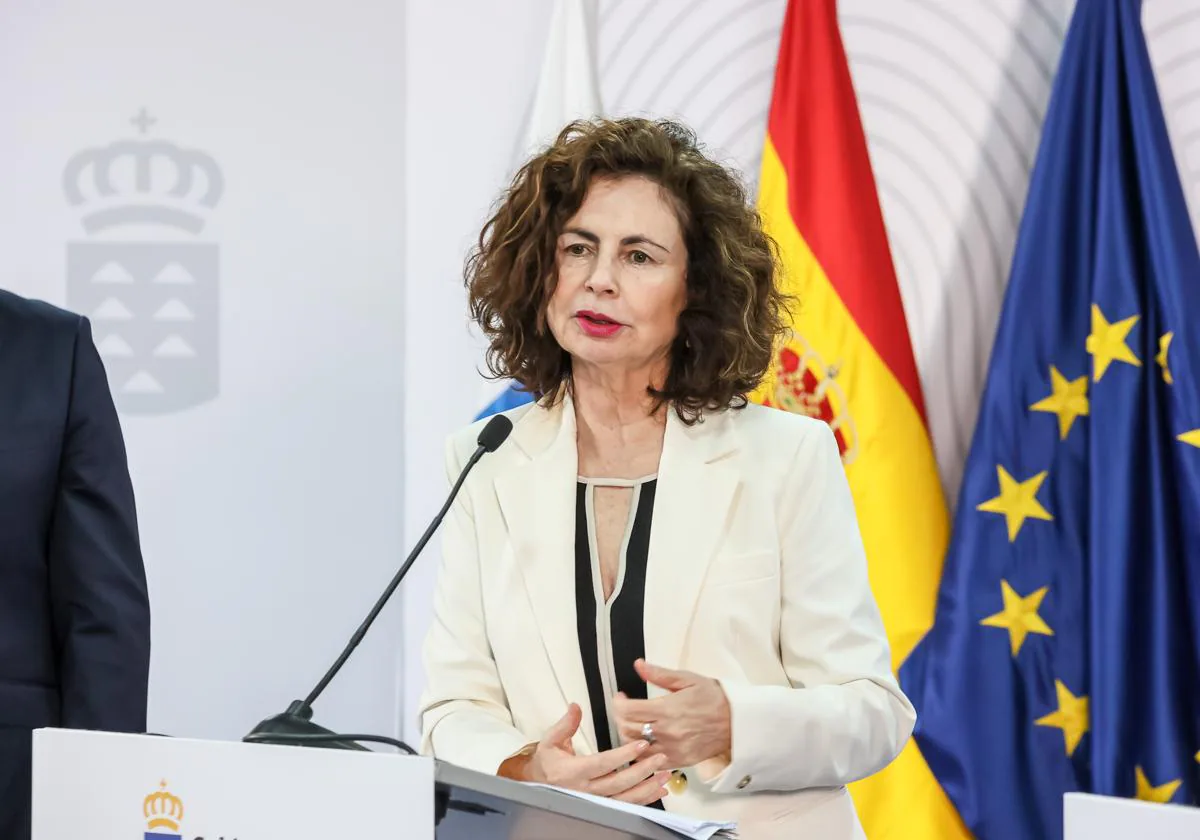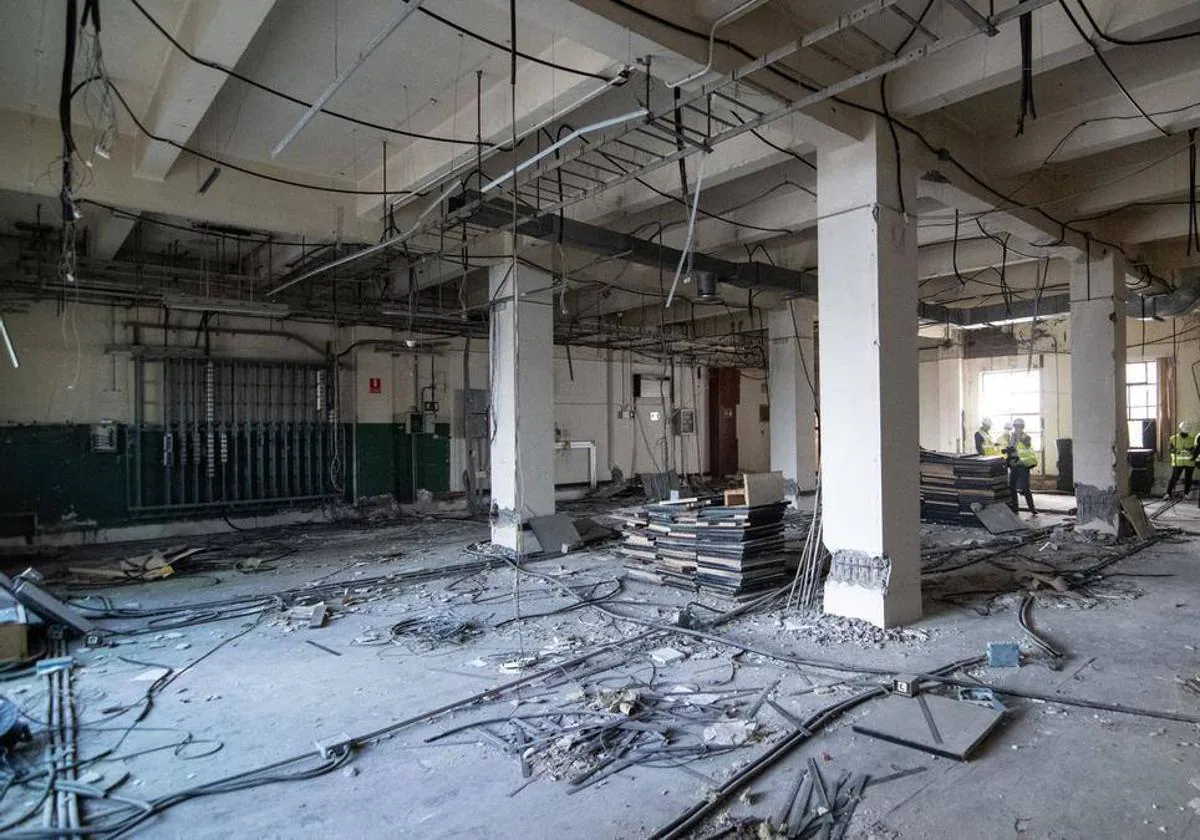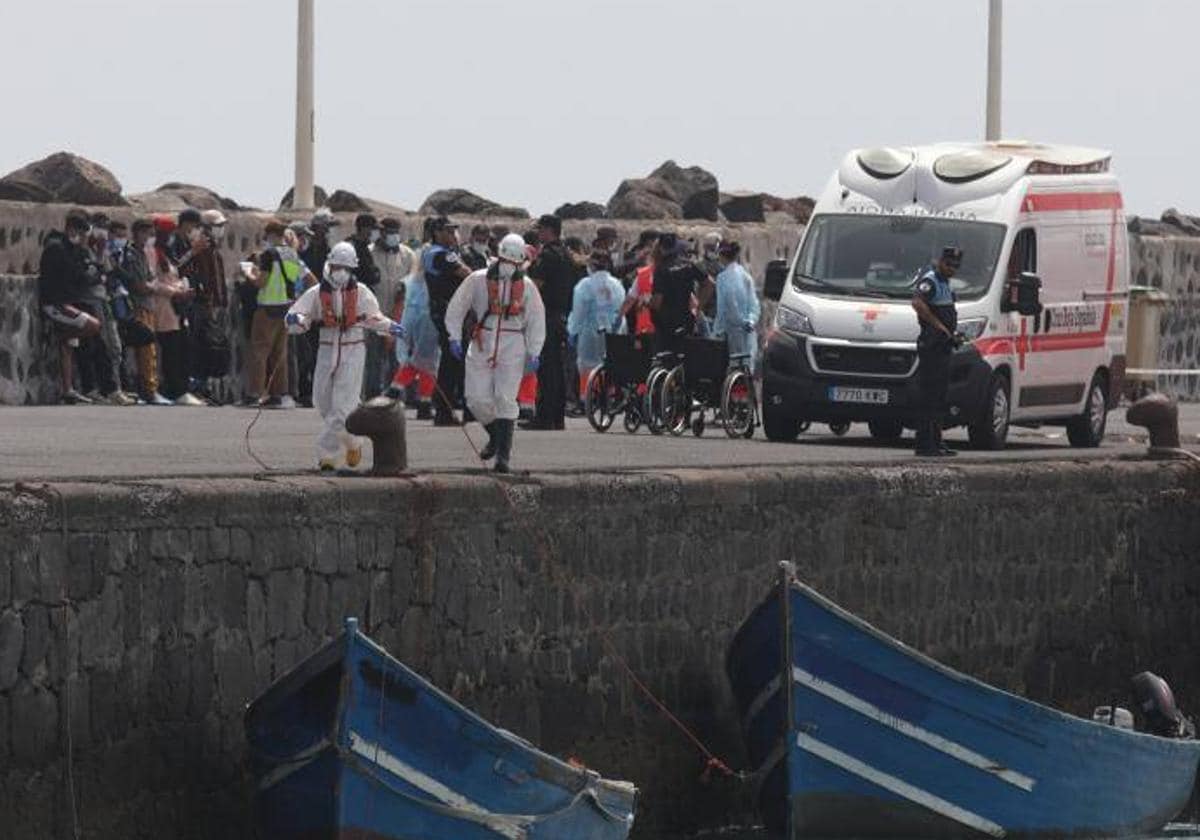Segarra, a mandate marked by independence


María José Segarra has been the attorney general of the State to a large extent because of the trust deposited in her by Dolores Delgado, who will now replace her in a position that comes out with the majority recognition for the defense she has made of the independence and autonomy of the Office .
The mandate of Segarra (Madrid, 1963) has been marked from the beginning by the cause of "procés", in which he has defended the criterion of the four prosecutors of the Supreme Court, the legal qualification of the facts they did and their performance during the oral view
Exquisite in the treatment, reluctant to the media and firm in their messages in defense of that independence of the Prosecutor, Segarra returns to the Prosecutor's Office in Seville with the majority approved of the sector, including that of those who questioned his appointment.
There were those who did it because of their friendship with Delgado and because they belonged to the Progressive Prosecutor's Union (UPF) and others, internally, did so because of their curriculum, not being Sala's prosecutor, the highest category of the career.
In fact, there are those who state that if a change of opinion has not been imposed on the Supreme prosecutors in the cause of the process, it has been due to this lack of authority. But the truth is that she came to office with the promise that independence would be "the key to the vault" of her mandate and leaves the position with that recognition.
Because Segarra assumed the direction of the Prosecutor's Office in June 2018, a few months after the trial began, and from the critical sectors it was assumed that he would try to change the prosecutors' criteria.
And the reality is that this criterion has not changed: prosecutors have opted at all times for the thesis they defended from the beginning, the rebellion, and, even known the ruling of the Supreme that rules out that crime was committed, the Prosecutor’s Office that accusation for the trial that begins next week at the National Court to Major Josep Lluís Trapero.
"Absolute autonomy" and "full independence", because "the state attorney general cannot be given orders of any kind." These are words taken from the first parliamentary appearance of María José Segarra, who was forced to remember them later.
He did it when the president of the Government, Pedro Sánchez, suggested in an interview in the last electoral campaign that the Prosecutor's Office depends on the Executive, words that he himself had to rectify and before which Segarra stressed that the public ministry works from the beginning of impartiality .
The day the sentence of the procés was known, he promised that the Prosecutor's Office would ensure that the jail sentences imposed are complied with according to the penitentiary regulations, something he will do "always individually." That challenge now goes to Delgado, since tomorrow the Jordis can request prison permits.
During his tenure, he also strongly defended the fight against sexist violence, in which "the involvement of the State must be made visible" to improve victims' access to Justice.
Regarding hate crimes, he promoted a circular that limited them to those behaviors that could "generate a risk or danger" in the fundamental rights of vulnerable people, in an exercise in weighting with freedom of expression.
A controversial issue, since it included among the possible victims of hate crimes a person of Nazi ideology and among the crimes the incitement to hate towards that group.
How controversial was his defense that the Prosecutor's Office supported a judge in Palma from requesting mobile phones and computers from journalists who had reported on the Cursach case.
By Raúl Bellerín


